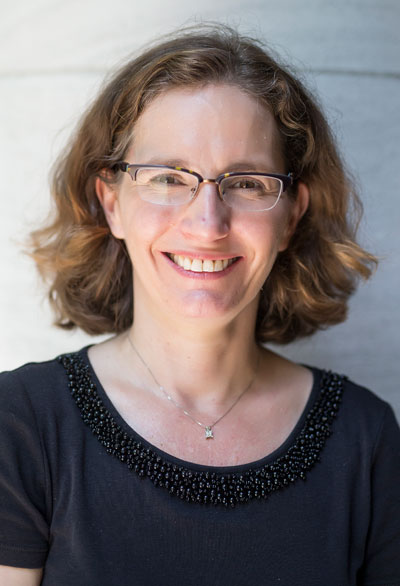Researchers at Vanderbilt and Harvard universities are testing an innovative toolkit designed to help teachers teach algebra more effectively. The three-year experiment is a partnership with Chelmsford, Massachusetts, public schools.
“We are supporting instruction where students are comparing and explaining multiple strategies for solving problems,” said co-principal investigator Bethany Rittle-Johnson, professor of psychology and human development at Vanderbilt’s Peabody College of education and human development. “This helps students learn multiple strategies for solving algebra problems, select the most appropriate strategy for a given problem, and understand the conceptual rationale behind the strategies. This knowledge is critical to mastering algebra.”
The study is being conducted by Rittle-Johnson, Kelley Durkin of the Peabody Research Institute and co-principal investigator Jon Star of Harvard. They will provide teachers with professional development opportunities as well as supplemental teaching materials and strategies to implement the tool kit, which they’ve named Comparison and Explanation of Multiple Strategies (CEMS).

“A key piece of this approach is encouraging students that there is more than one way to solve a problem,” Star said. “We are … working with teachers to help them have more conversations with students about the different ways to go about utilizing the principles of algebra to come to the best solution.”
The researchers will evaluate whether the implementation of CEMS leads to improved student test scores and performance in algebra, and how students’ understanding and knowledge of mathematics developed as a result.
“The Chelmsford Public Schools is very excited to participate in this project as it is in direct alignment with our Universal Design for Learning initiative, which emphasizes representation, engagement and expression in lesson planning,” said Linda Hirsch, assistant superintendent of schools.
The project, “Collaborative Research: Leveraging Comparison and Explanation of Multiple Strategies (CEMS) to Improve Algebra Learning,” is funded by the National Science Foundation (DRL-1561286).
Follow Peabody on Twitter
Learn more about Bethany Rittle-Johnson’s research
Watch a video of Bethany Rittle-Johnson discussing her research.
